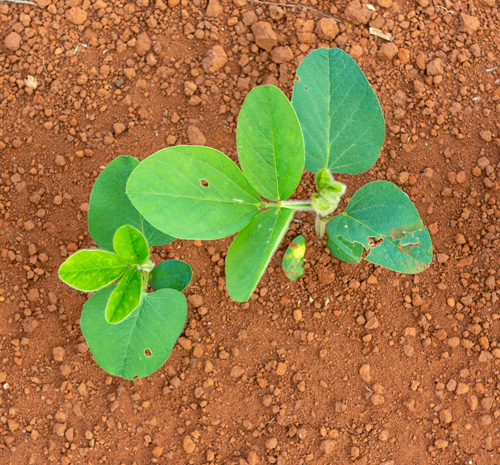From The Editor

SpaceX’s Starlink, Syngenta, and Brazil’s Ag Tech Adoption for Soil Conservancy
Scroll Down to Read
 | Renee Targos Editor |
With the goal to eliminate deforestation by 2030, Brazilian President Luiz Inacio Lula da Silva launched mid-2023 the Action Plan for the Prevention and Control of Deforestation in the Amazon calling for origin verification of lumber and agricultural products.
This builds upon the work of the Amazon Soy Moratorium, which organized grain traders this last decade to monitor soy origins with encouragement to refuse purchasing products harvested on newly deforested Amazon land.
With new standards to support Amazon forest restoration as well as farmland, Brazilian growers needed technology to track commodities, which means they needed internet connectivity.

By Mauricio Nicocelli Netto CEO | Luve Carbon
Global Ag Tech Initiative contributor Mauricio Nicocelli Netto, CEO of Luve Carbon, reported that Brazilian growers on large and small farms were connecting to the internet through newly built cell towers and Elon Musk’s SpaceX Starlink.
This is allowing ag tech platforms like FarmGuide Soy, which collects soy and deforestation origin data for the Amazon and Cerrado savannas, to be used to support Brazil’s environmental initiatives. The country’s other sustainable plans include the restoration of degraded agricultural land.
Multinationals, like Bayer and the Syngenta Group, are investing in and bringing IPMs and ag tech to Brazilian growers to support the adoption of regenerative agricultural practices to restore soil.
The Reverte program is a partnership between the Syngenta Group
and The Nature Conservancy to help restore 1 million hectares of Cerrado farmland by 2025.
 The Cerrado’s 11 million hectares of degraded agricultural land has been identified
The Cerrado’s 11 million hectares of degraded agricultural land has been identified
for regeneration with the hopes of restoring 9 million hectares.
A part of the program is to supply growers with agronomics, seeds, financing, supply chain advocacy and digital tools like Syngenta’s Cropwise crop-monitory platform and FarmShots satellite imagery service.
As with other governments around the world and multinationals, like Nestle’s $1.3 billion investment into growers using regenerative ag protocols as well as restorative programs initiated by Starbucks, General Mills, and Pepsico, the money being spent to encourage growers to use regenerative agriculture practices worldwide is no joke.
For those crop protection companies who aren’t looking to diversify portfolios, collaborate with ag tech companies, looking to incorporate biologicals into their programs — there is one outcome — being surpassed by innovative companies evolving to meet growers’ needs. Global goals for climate change are coming fast. 2030 is six years away…even goals for 2050…will be here in a blink of the eye.
The crop protection industry is evolving as reported in many of the articles of this issue, specifically Rick Melnick’s article on biologicals and Javier Chavarro’s article on doing business in South America.
Is your business model keeping up with the changes? In a year of oversupply, maybe looking for other opportunities and partnerships is just the time to keep up with the growing support for regenerative agriculture.
A great place to seek out new partnerships is at the AgriBusiness GlobtalSM LATAM Conference on 14-15 May 2024 in Panama City, Panama. The event offers time to explore new business opportunities and establish relationships with key players in the LATAM region. It also has some great presenters giving you intel on the region. This is a crucial year for strategizing for success in the upcoming years, so I hope to see you there. •
